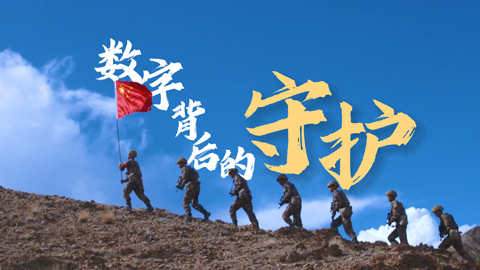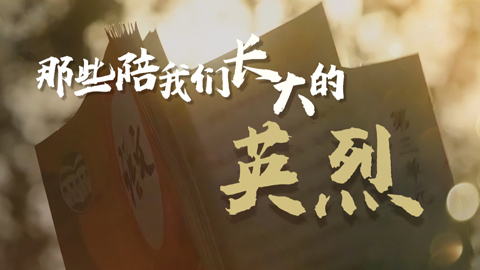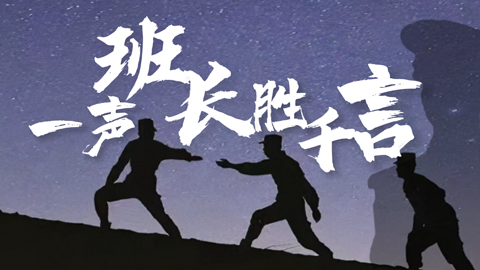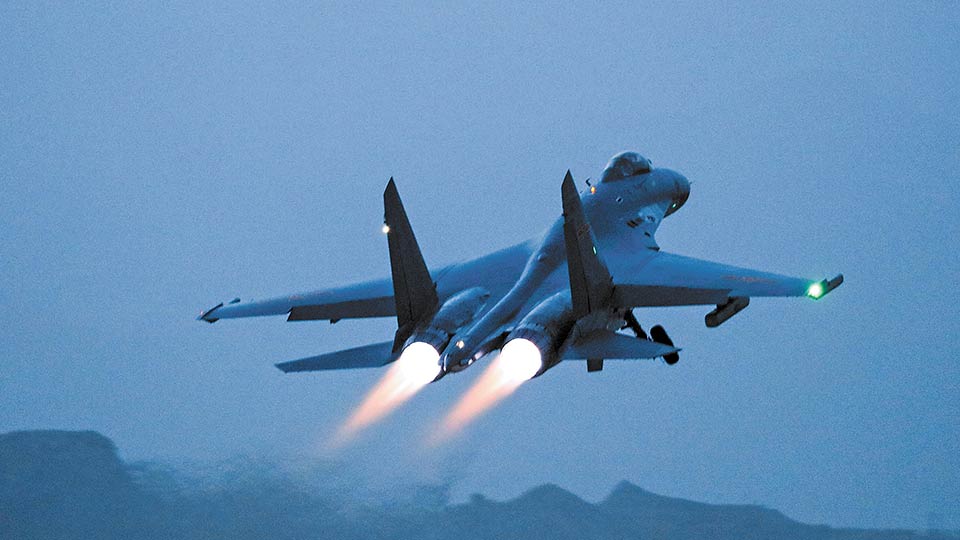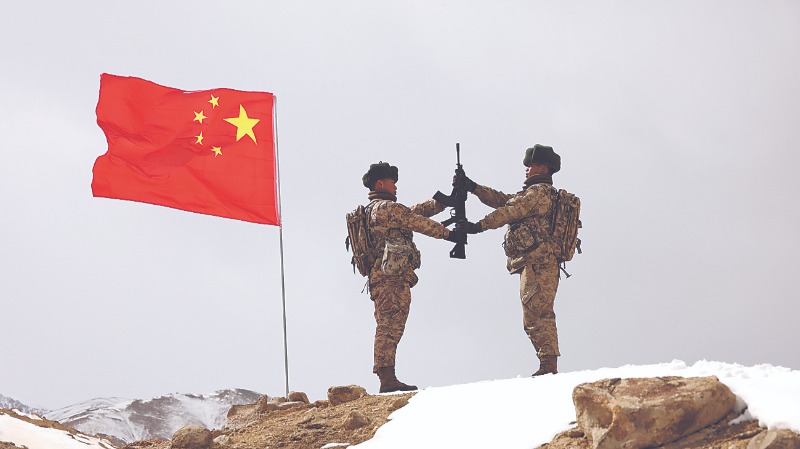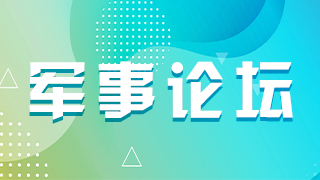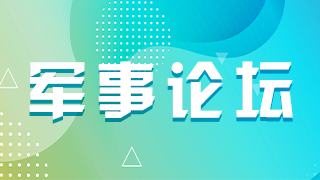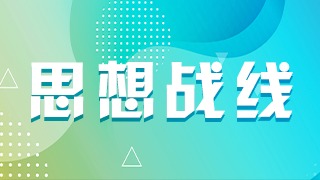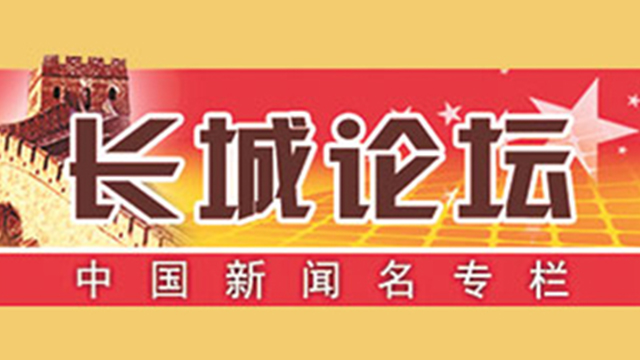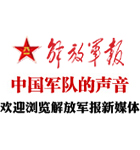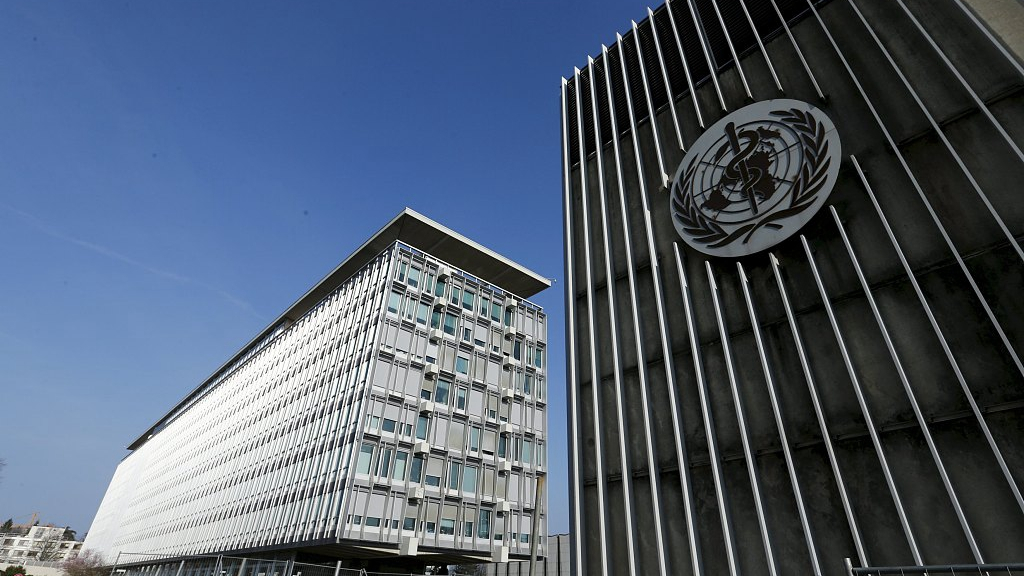
Editor's note: Tom Fowdy is a British political and international relations analyst and a graduate of Durham and Oxford universities. He writes on topics pertaining to China, the DPRK, Britain and the U.S. The article reflects the author's opinions and not necessarily the views of CGTN.
Throughout the course of the global COVID-19 pandemic, there has been considerable criticism aimed at the World Health Organization (WHO). Among the allegations fired towards it is its early assessment of the virus, its praise of China's response, and most frequently its policy of adopting the one-China principle and its dealings with Taiwan, most notably in a politically motivated interview by a Hong Kong journalist.
In drawing these lines of attack, commentators and observers have persistently claimed that Beijing has "too much influence" over the WHO and in turn has even "bought it" through donations and other superfluous claims of financial power. In any sense, any positive attitude towards China is seen as suspect and illegitimate.
Make no mistake about it, these attacks are political and they are rooted largely in narrative than facts. Because the WHO, as medical experts, do not reflect desirable political narratives about China's response to the pandemic to which many commentators would like, this has led to an all-embracing assault on the institution's integrity.
However, these claims do not hold up to evidence. China does not even come close to being the largest financial contributor of the World Health Organization. Thus in creating a defamatory campaign against it, western commentators are weaponizing ideology to discredit the organization, spurring up public distrust and enmity against a global medical body, which is in nobody's interest.
Western political thought creates a binary and lopsided view of China which pushes observers to discredit anything that does not reflect their prevailing narratives of the country.
To critics of China, anyone who dares to praise the country, to challenge prevailing assumptions or to question underlying narratives is branded as inauthentic and illegitimate, either deceived or part of a grander plot by the Chinese government, therefore such an opinion can never be valid.
This underlying psychology has fueled a motive amongst western commentators to subsequently discredit the World Health Organization and accuse it of being "suspect" for having offered praise of Beijing's COVID-19 response, especially in line with broader narratives to portray China's handling of the outbreak as a large scale political failure and thus discredit the system as a whole.
As a consequence, a narrative that China has excessive "influence" over the WHO has spread like wildfire, as well as a belief that Beijing financially dominates the institution. As a Bloomberg headline goes "China's Global Influence operation goes well beyond the WHO."
An interview with Dr. Bruce Aylward by a Hong Kong journalist on the matter of Taiwan went viral on the internet and has been used repeatedly to affirm people's prejudices, thus reinforcing the belief that the WHO is not a reliable, independent or impartial organization of experts, but its controlled by Beijing.
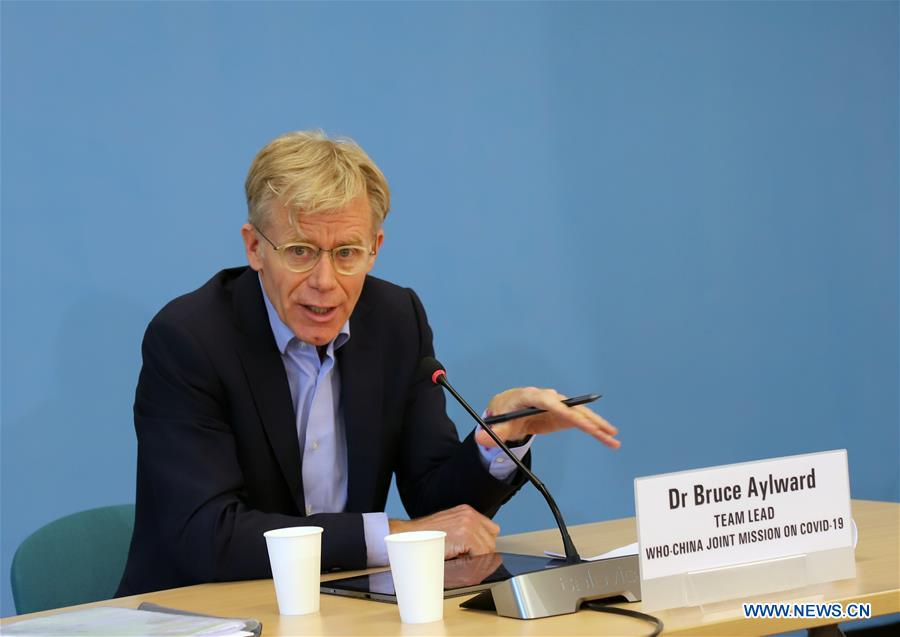
However, these claims do not hold up to the facts. First of all, a recent report released by the U.S. State Department found that as of 2019 America's donations to the WHO exceeded that of China's by up to 10 times, standing at more than 400 million U.S. dollars to Beijing's 44 million U.S. dollars.
Going deeper into this, a 2013 report on WHO financial contributors found that alongside America, the United Kingdom, Germany, France, Japan, Canada, Italy, and Spain all individually contributed more money to the organization than China did, which stood at 36 million U.S. dollars in that particular year. That does not sound like a China dominated institution.
In addition, why should its application of the one-China principle be suspect? The WHO follows the position which is set by its parent organization, the United Nations. This is not a controversial or unusual stance and it is one adopted by most of the world.
Instead it seems rather than it being excessively "influenced" by China some are attempting to project pro-Taiwan activism against the organization. Tsai Ing-wen, Taiwan leader, has also sought to do this, by claiming they attempted "to notify the WHO" of the coronavirus, yet conveniently did nothing to warn the rest of the world at the same time.
This pattern of behavior reflects as set out above, that many commentators are waging an ideological crusade against the WHO than offering it fair and impartial scrutiny.
As a whole, it is western commentators who are doing the World Health Organization into a political battleground and in turn, stifling global health cooperation by cynically damaging public trust in the institution.
This is not a political body; it is a body of experts who do the best in the circumstances by which they are given for the good of mankind. The fact that some voices have sought to discredit it by making exaggerated claims of "China influence" or pursuing activist crusades over interpretations of the one-China principle, is not appropriate nor is it ethical. Instead, its time this opportunistic narrative is exposed for what it is.






